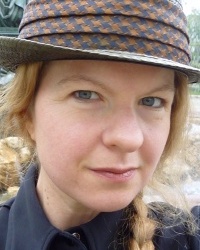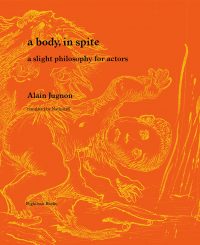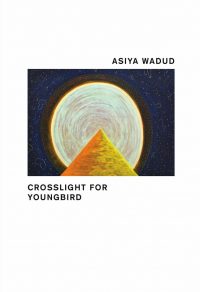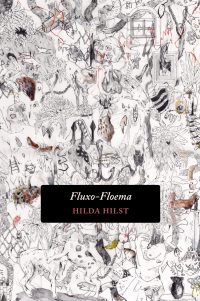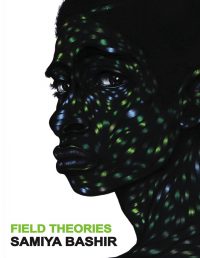This title is currently out of stock and being reprinted. Need the book sooner? Consider purchasing an ebook download!
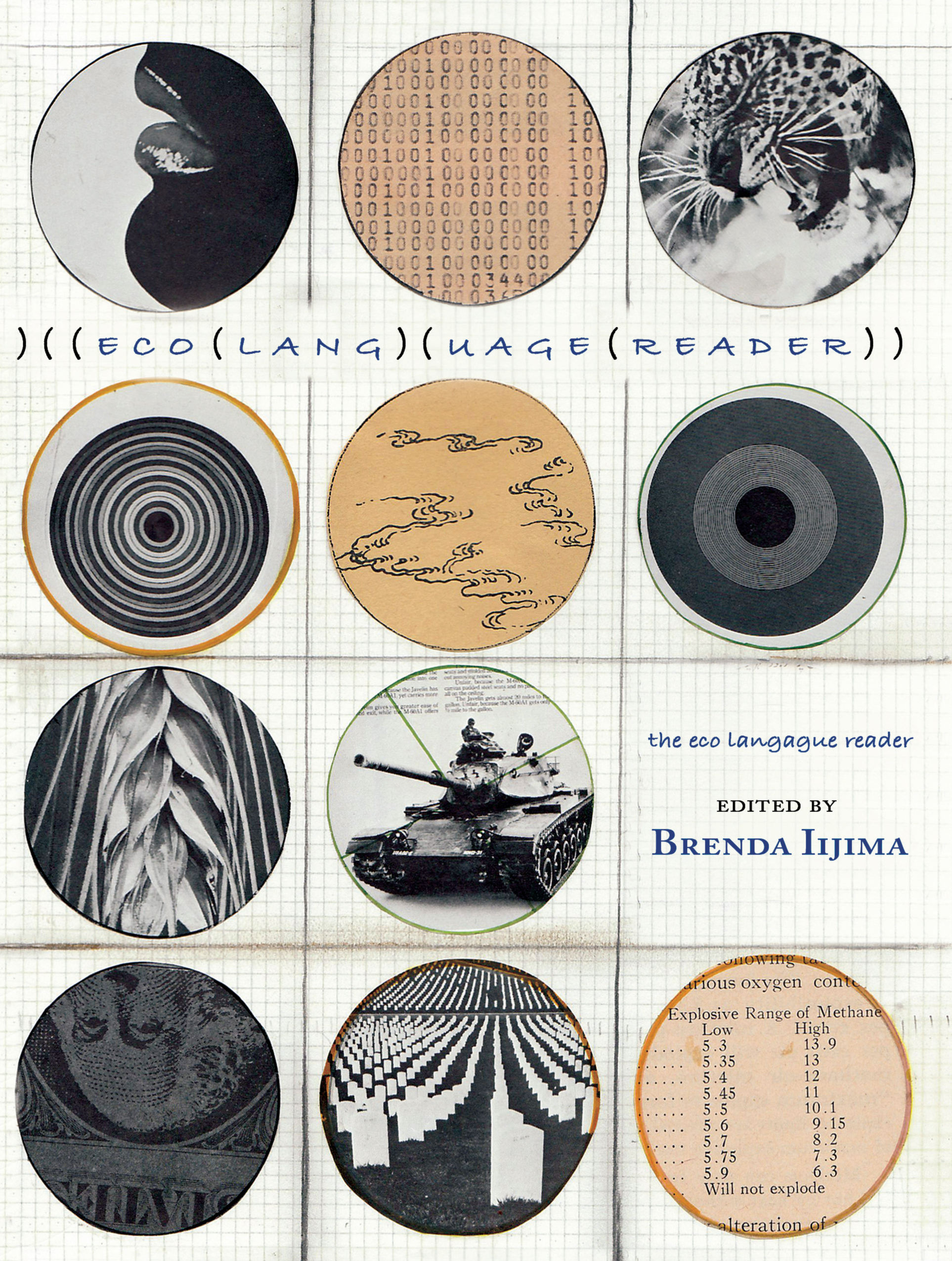
Eco Language Reader
In this riveting and timely collection of essays, interviews, and photographs, 17 contemporary innovative poets weigh in on pressing environmental concerns
$12.99 – $22.95
Additional information
| Weight | 1 lbs |
|---|---|
| Dimensions | 6 × .8 × 5.2 in |
| Format | eBook, Paperback |
How can poetry engage with a global ecosystem under duress? How do poetic languages, forms, structures, syntaxes, and grammars contend or comply with the forces of environmental disaster? Can innovating languages forward the cause of living sustainably in a world of radical interconnectedness? In what ways do vectors of geography, race, gender, class, and culture intersect with the development of individual or collective ecopoetic projects?
Contributors include: Karen Leona Anderson, Jack Collom, Tina Darragh, Marcella Durand, Laura Elrick, Brenda Iijima, Peter Larkin, Jill Magi, Tracie Morris, Catriona Mortimer-Sandilands, Julie Patton, Jed Rasula, Evelyn Reilly, Leslie Scalapino, James Sherry, Jonathan Skinner, and Tyrone Williams.
Co-published with Portable Press at Yo-Yo Labs
Details
Reviews
The texts included in The Eco Language Reader (edited by Brenda Iijima; Nightboat Books, 2010) are not attempts at one sort or another of a genre of “ecopoetics.” They remain usefully outside any definition. What’s given instead is an array of essays and interviews attending to poetics-at-large and the possibilities that a shared concern gathers round itself… The project began as a call for participants in a panel discussion held for the Segue Reading Series in New York, in January 2006. Its premise was the question, “How can poetry engage with a global ecosystem under duress?”

